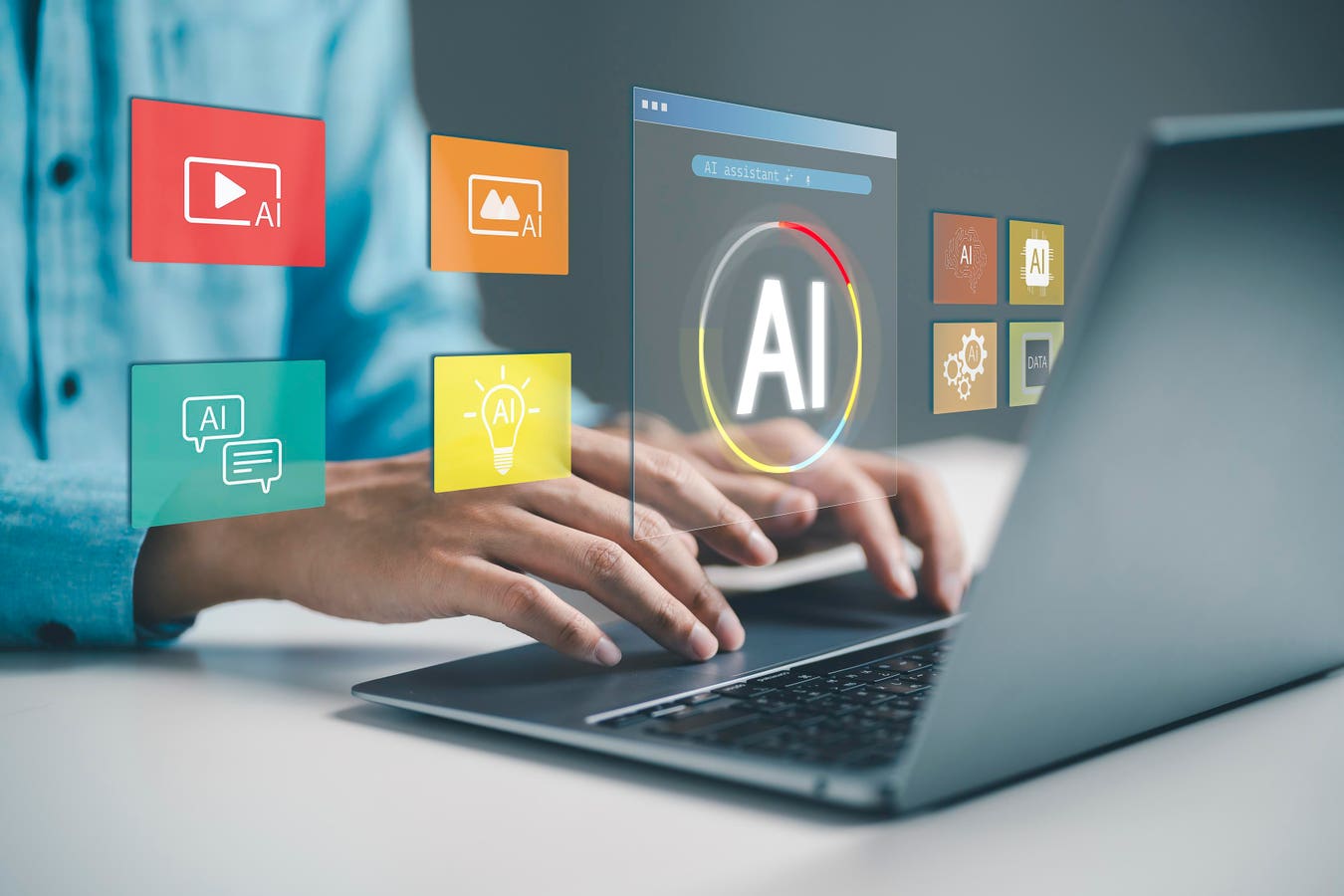
AI fluency is less about learning GenAI basics and more about reimagining workflows and designing team-specific applications and use cases
getty
If you’re going to get a job at a forward-thinking organization in 2025, you’re 100% going to need AI fluency and skills. That’s at the very least non-negotiable.
AI today in the world of work is what Microsoft Office was to the workplace 10 or 15 years ago. It’s a basic fundamental skill and without it you’re not hireable. And even if you were hired now, you’ll easily be the first to be disposed of, as Accenture’s recent layoff news strongly illustrates (Accenture is laying off as much as 11,000 staff who are not ready to adapt to AI).
There’s plenty of workforce data to prove that AI fluency is a much-needed fundamental career skill. And it’s not just something that’s good to have for an organization to be able to implement AI effectively, although that is one critical factor.
AI fluency benefits your career in several ways beyond that. Having AI skills can lead to:
A salary bump. Generative AI skills can boost your salary by as much as 47% according to Indeed and AWS research. More career opportunities opening up. AI is set to eliminate 92 million jobs, but this will be offset by the creation of another 78 million jobs by 2027, according to the World Economic Forum. Being AI literate means that even if your role was eliminated, you could be next in line for a well-paid AI forward role that is part of the future of work. Greater career leverage. Companies see you as an increasingly desirable candidate because you can create solutions and bridge gaps that no one else can. And right now, that’s a rare asset to find, especially at higher levels. Boosted productivity and wellbeing. Using AI effectively reduces the time you spend on busywork and endless admin, and frees up your creativity and mental energies for more strategic direction and focus. It can also help reduce your workload so you’re still producing high quality, but at a pace that works for you.
But don’t get me wrong, AI fluency is more than just knowing how to enter a few simple prompts into ChatGPT. That’s not strategy. That’s not what organizations are looking for.
So what do these employers need to see in your resume?
In my interview with Dan Rogers, CEO of Asana, at the Work Innovation Summit in London a couple weeks ago, as well as the breakout sessions I attended, one thing was abundantly clear: AI literacy is all about applied AI strategy, clear, clean workflows that are completely reimagined, and having the right guardrails in place (Global State of AI at Work report 2025).
With this in mind, I’ve curated a small list of helpful AI certifications to enable you to close your knowledge gap, apply AI to your specific domain of work, and use it to optimize and engineer new workflows. These are the perfect addition to your resume and can serve as a talking point for your job interviews too.
3 AI Certificates To Include In Your Resume
Not everyone needs to be a coder or developer; but everyone needs to move beyond basic AI awareness to knowing how to apply it tangibly to their function and that of their team, especially with 92% of employers listing AI skills as a job requirement, per a new AWS study.
1. Building AI Strategy Certificate Provider: ISC2What you’ll learn (from the website): “Build fundamental knowledge to confidently engage with AI technologies, strengthen security programs, align with global standards, and drive ethical, secure AI adoption across organizations. Demonstrate your technical understanding and strategic insight to responsibly harness AI’s potential while managing its risks by earning the ISC2 Building AI Strategy Certificate.” Who it’s for: Cybersecurity leaders
Provider: edXWhat you’ll learn: Python programming, prompt engineering techniques, and web development using HTML, CSS, and JavaScript.Who it’s for: Professionals seeking to build AI tools that directly solve pain points in their work or organization3. Workflow Specialist CertificateProvider: Asana (this course is currently available for a limited time for free, per the website)What you’ll learn (from the website): “Learn how to plan, build, and deploy successful workflows, then discover best practices to help your team use them.”Who it’s for: Project managers, operations managers, performance consultants
These certifications go beyond the typical “Generative AI basics” and instantly help you raise the way you’re perceived through your resume. They demonstrate that you’re just as serious about AI implementation and literacy as your prospective employer, and they show that you’re rolling with the changes and proactively preparing for them, not working against AI. This aligns you perfectly with the organization’s strategy and helps you to stand out as a candidate.
About 92% of employers now list AI skills as a requirement on job adverts
getty
And don’t worry, even if you’ve just started studying these AI courses or are in the process of completing them, you can still include these in your resume.
Which certificate will you start with so you can proudly show it off on your resume and LinkedIn profile?

